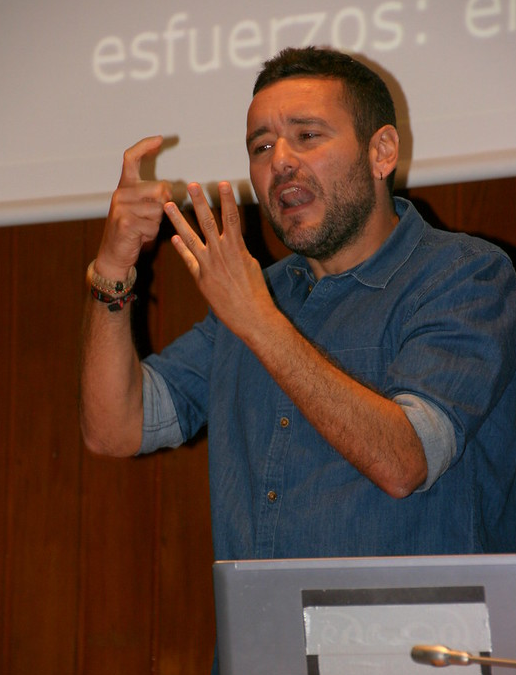Dr Gearóidín McEvoy
In this paper I explore how Irish-speakers and Deaf Irish Sign Language (ISL) users interacted with the criminal justice system (CJS) in Ireland, and how the use of their language impacted their right to a fair trial. This paper presents analysis of data collected in semi-structured interviews with Irish-speakers and ISL-users who experienced the CJS as accused persons, lawyers who had experience representing such persons, employees of the Irish police service and academic experts.
I will present two tropes arose which arose in the data to contextualise the experiences of Irish-speakers and ISL-users. First is the ‘créatúr’, coming from the Irish word meaning pitiful one, wretch or creature. It applied to Deaf people who were not seen as autonomous, competent beings. Secondly is the ‘slíbhín’ or the sneak or troublemaker. This trope applied to both Irish speakers and Deaf people. Those interviewed were not seen in light of their true identities and this impacted their journeys through the CJS.
In terms of the effect of these tropes, interviewees were faced with either having to ‘pass’ or to be ‘punished’ when engaging with the CJS. They had to pretend not to be an Irish-speaker or a Deaf person, to ‘pass’ as ‘normal’ in order to be fairly treated. This process of passing is known to impact the self-image and esteem of people, by telling them that who they are is bad, wrong or even criminal. Otherwise, interviewees could display their true identities as Deaf or as Irish speaking and then suffer punishment. What this shows is that marginalised people can be forced to change who they are in order to experience fairness, in spite of human rights, constitutional safeguards and legislative provisions which are supposed to guarantee fairness of trial, irrespective of language.
Keywords: Irish, Irish sign language, Deaf, ISL, criminal law, police, interpreter, language, identity, passing, punishment, crime
